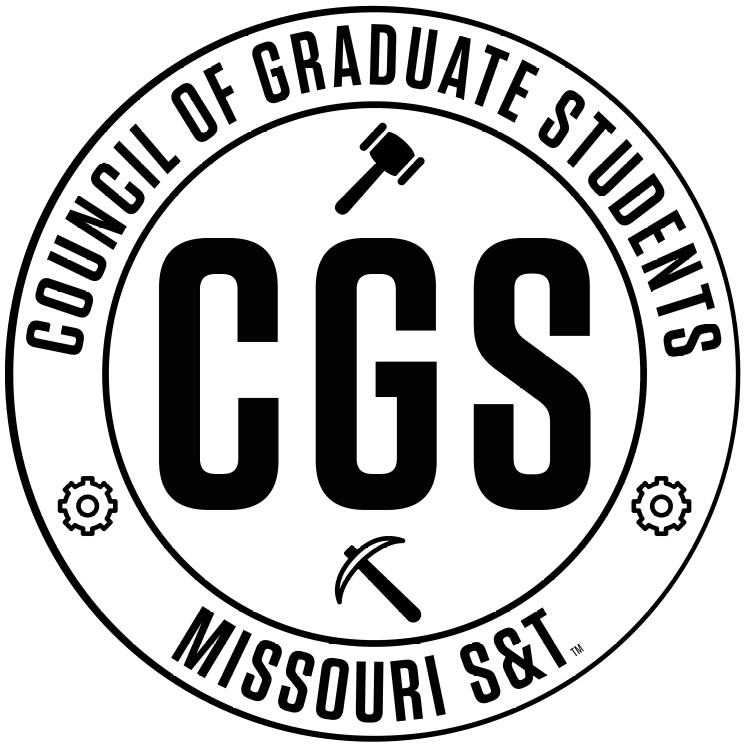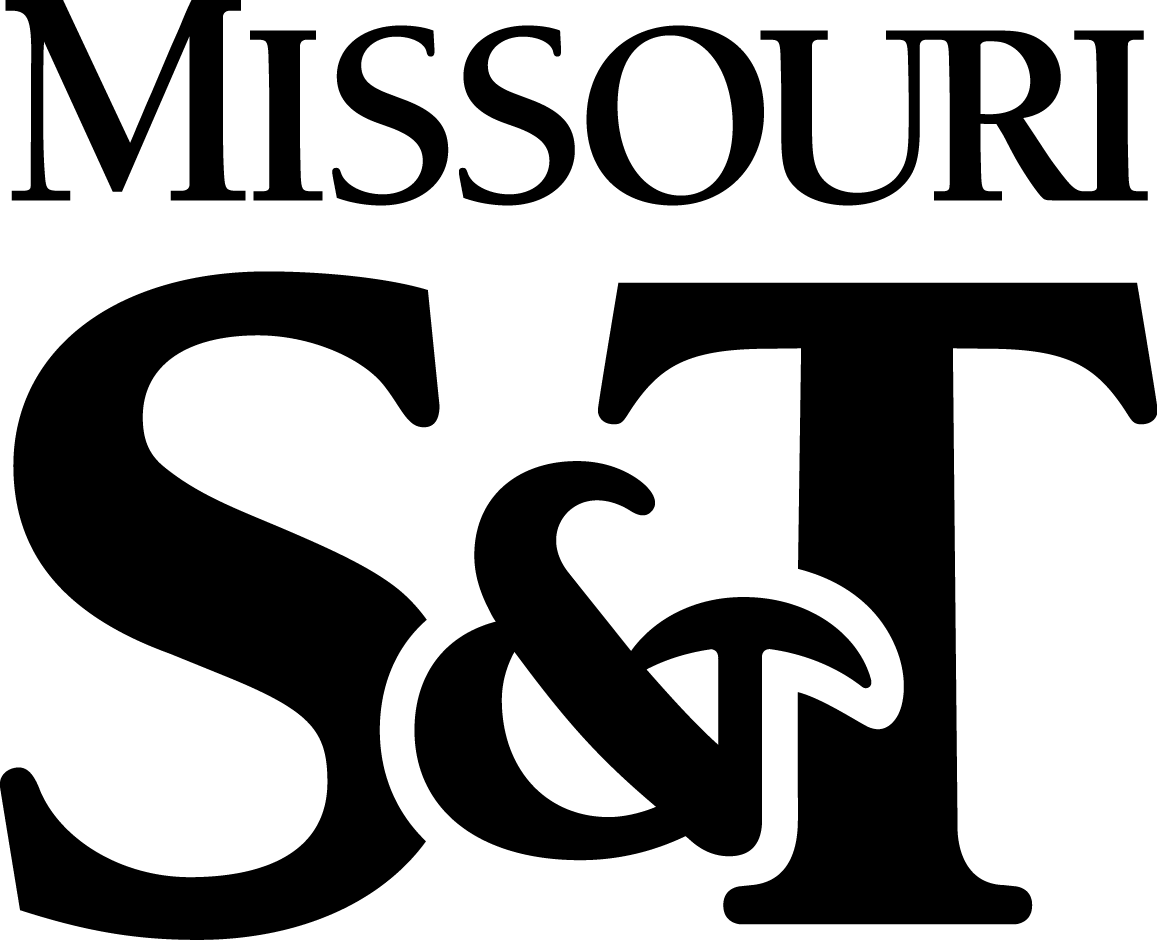The academic rights of graduate students include, but are not limited to, the following items. Graduate students have the rights to:
1.1. Pursue activities, collaboration, research, and publications to increase academic and/or professional development.
1.2. Work and study in an environment with others following professional conduct.
1.3. Be allowed time to devoted to pursue research projects pertaining to their thesis or dissertation work outside of possible assistantship requirements.
1.4. Refuse to participate in activities that are unrelated to academic pursuits or professional development, particularly those that do not directly or indirectly benefit the completion of the defined appointment, thesis/dissertation, or professional development, without adverse consequences from the advisor or department.
1.5. Have specific and concrete requirements for achieving an advanced degree.
1.6. Graduate upon successful fulfillment of the requirements as outlined by their department (including, if applicable, requirements set by the student’s advisory committee).
1.7. Know the “normative time to degree” and the “average time to degree” within a specific graduate program (whether by communicating with the department or the academic advisor).
1.8. Have clear and reasonable work expectations for assistantship hours (as identified in Chancellor’s Policy II-26) per fair labor practices or department standards.
1.9. Receive support from the university to attain alternative supervision (external to their program, if necessary) in case a graduate student’s academic adviser departs (whether by choice, layoff, or an unforeseeable event) from the institution after the student’s work is underway.
1.10. Receive notification regarding graduate student academic performance and receive specific recommendations and requirements needed to correct deficiencies. After notification of poor performance, students should be provided with a reasonable time-frame and opportunity (preferably one semester) to improve their performance back to satisfactory levels. In addition to an opportunity to remedy their performance, and before beginning the process to remove a student from a graduate program for academic reasons, students must be given a specific, written performance evaluation in advance of actual dismissal, explaining the deficiencies. In the event of major examination failure or unsatisfactory performance, the reasoning for such assessment scores will be provided to the graduate student in writing and the process as outlined by the department should be followed.
1.11. Take appropriate time off during the year, as agreed with their academic/research advisor.
 CGS_GSBOR_May1_withLetters
CGS_GSBOR_May1_withLetters
 GSBOR_letters
GSBOR_letters

Follow Missouri S&T Council of Graduate Students